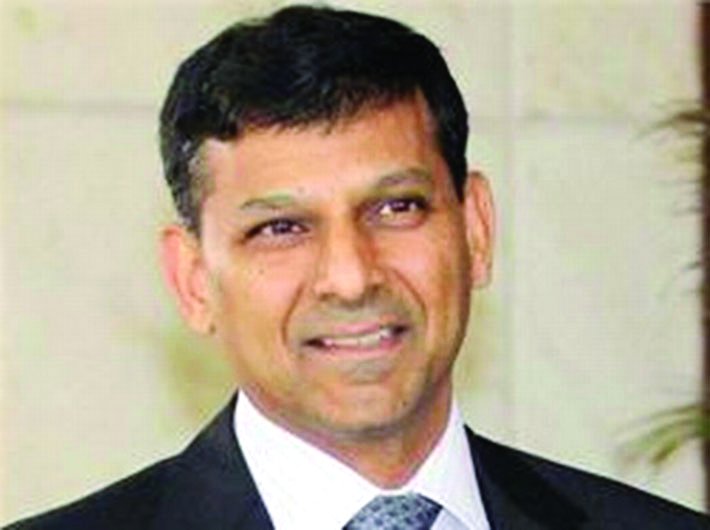RBI issues guidelines and entry norms for the commercial banks
GN Bureau | January 16, 2015

Polling in third phase of General Elections recorded an approximate voter turnout of 64.4%, as of 11:40 pm Tuesday, as per the data released by the Election Commission of India close to the midnight. The trend of lower turnout witnessed in the first two phases has thus continued in this round too.
India is the world’s fifth largest economy with a GDP of USD 3.7 trillion today, and it is expected to become the third largest economy with a GDP of USD 5 trillion in five years. The Narendra Modi-led government aims to make India a developed country by 2047. A key driver of this economic growth and
As a beacon of electoral integrity and transparency, the Election Commission of India (ECI) exemplifies its commitment to conduct general elections of the highest standards, offering a golden bridge for global Election Management Bodies (EMBs) to witness democratic excellence first-hand. It continues foste
A first-of-its-kind study on the economic loss due to premature death from oral cancer in India by the Tata Memorial Centre has found that this form of cancer has a premature mortality rate of 75.6% (34 premature events / 45 total events) resulting in productivity loss of approximately $5.6 billion in 2022
Of Law and Life Upendra Baxi in Conversation with Arvind Narrain, Lawrence Liang, Sitharamam Kakarala, and Sruti Chaganti Orient BlackSwan, Rs 2,310
The efforts made by the Election Commission of India (ECI), over last two years, for inclusion of Particularly Vulnerable Tribal Groups (PVTG) communities and other tribal groups in the electoral process have borne fruit with scenes of tribal groups in various states/UTs participating enthusiastically in t